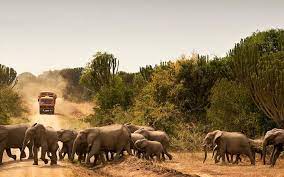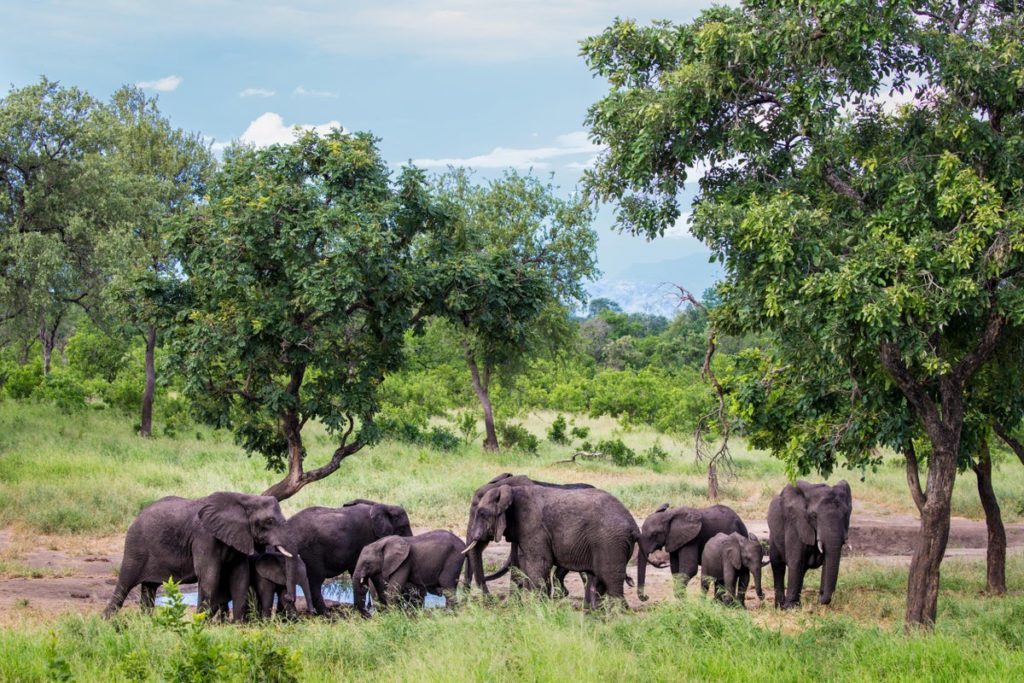
Environmental conservation and wildlife management and protection
There counter accusations that when government was gazetting protected areas such as national parks, mountains, swamps did not compensate the community members for example when gazetting Queen Elizabeth National Park, the Basongara were displaced and thus claim that government did not compensate them for the land lost. While the Bakonzo also claim that when Government was gazetting Rwenzori National Park, the Bakonzo were displaced and not compensated. With these claims and in addition to cultural beliefs and practices on wildlife we need to support the need for conservation. Through the Uganda Wild Authority Act, animals were also classified as game and vermin and therefore a need to protect the vulnerable wildlife species
Environmental conservation has a direct linkage with land and human lives. To ensure sustainable environmental conservation and protection vulnerable wildlife species, we advocate for increased tangible benefits from Uganda Wildlife Authority (UWA) to communities neighboring the protected areas as well as raising awareness about peaceful co-existence between front-line communities and the conservation area and animals and plant species.
We advocate for mainstreaming climate change adaptation awareness programmes across all the stakeholders. We do provide information about access and use to renewable clean energy technologies among the community members of our project coverage areas, and encouraging and supporting them to voluntarily plant trees to modify the climate.
We do link community members to renewable clean energy technology suppliers for them to practically embrace climate change adaptation.
In our mainstreaming work, clean energy technologies like improved cook stoves and solar energy appliances have been promoted and emphasized.
This program is made possible through the active involvement of the District Environment Office, UWA department at sub county and district level and the communities adjacent to protected areas and species, community wardens, rangers, institutions and other relevant stake holders to support and popularize issues of revenue sharing, peaceful co-existence, environmental conservation and protection of vulnerable wildlife species.



 D5 Creation
D5 Creation